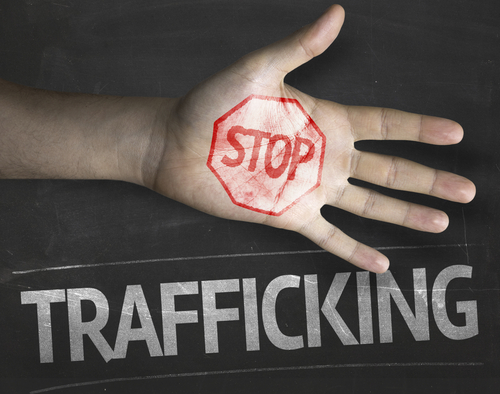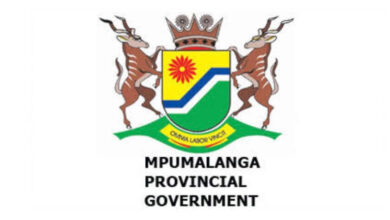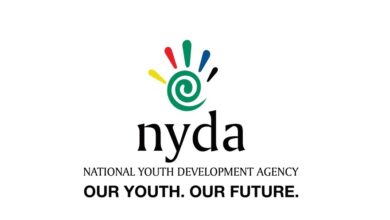10 Ways To Protect Yourself From Human Trafficking

10 Ways To Protect Yourself From Human Trafficking. Everyday there are chilling reports of abducted women and children in South Africa. This form of modern day slavery involves people abducting, luring or pressuring victims for the purpose of using them for forced labour or forced sexual acts for money. Young women are the most likely to be trafficked and forced to become sex slaves, prostitutes, workers or even street beggars. The following points will help you to be safe, and please share with family members and friends.
1. Be Vigilant Of Your Surroundings
Always be vigilant and aware of your surroundings. People are often distracted by their phones or other little things when walking. Make sure that you’re aware of what’s going on around you so that you can spot when something is off. If you notice a person or a car following you, alert someone you trust immediately.
2. Avoid Walking Alone
Women have been forcibly kidnapped while walking on the street. You shouldn’t have to be restricted when you go out and it may seem unfair that you always have to be on the lookout, but for your own safety, try not to walk alone – especially in quiet areas.
3. Act Swiftly If Suspicious
Go into the nearest building and wait for the person or car to leave. Alert someone in the building that you’re being followed or call someone to pick you up if you can. Also, let someone you know that you’re going out and what time they can expect you to arrive at your destination.
4. Don’t Trust Easily
Some people who are trafficked are approached by strangers offering them a job or some kind of opportunity (like a modeling or singing career). Traffickers can approach you anywhere, on social media, at school, in the mall and even outside your house. Some traffickers might try to befriend you or form a relationship with you so that you trust them enough. Women can also be traffickers and are often used to lure victims because they seem more trusting than men.
5. Use Social Media Wisely
Be suspicious of strangers who approach you after you’ve posted something personal on your social media profile and their suddenly offering you help, advice, money, a place to stay or a job opportunity. If you’re getting random messages from people on social media, check your privacy settings, turn off your location settings on social media and only make your posts visible to your friends (not to the public). Also avoid checking in to places on social media (while you’re at the place especially).
6. Be Ready For Anything
Carry pepper spray with you on your key-chain. You also need to mentally prepare yourself to fight off the abductor. If you begin to be attacked, make a scene, yell for help, and fight back like your life depends on it (because it probably does)
7. Use Your Phone
Allow 3 of your closest friends or family members to track your phone via GPS so they know your whereabouts at all times. You can do with on most cell phones and allow a select few to have access to your location for 1 hour, 1 day, or indefinitely.
8. Trust Your Instincts
Listen to the intuitive voice inside your head. Check with family and friends for advice if you get offers that are too good to be true. Do Internet searches or background checks on the person wanting you to meet with them. Say no and see how they react. Look for signs of abusive or possessive behaviors. Is the person trying to isolate or turn you against family and friends? If so, avoid that person.
9. Meet Strangers In Public Places
Don’t let anyone know where you live until you get to know them. So for a date, meet them at a public place for the first few times until you get to know them and feel comfortable. Also stay in contact with friends and family if you’re out and about alone or with someone you don’t know very well
10. Seek Help From Reliable Organizations
Traffickers also prey on young people who run away from home. If you’re having trouble at home, instead of running away and putting yourself at risk of being kidnapped or lured into dangerous, life-threatening situations by traffickers, rather seek help. You can seek counseling by calling Childline on 0800 055 555 or the South African Depression and Anxiety Group (SADAG) on 0800 12 13 14




